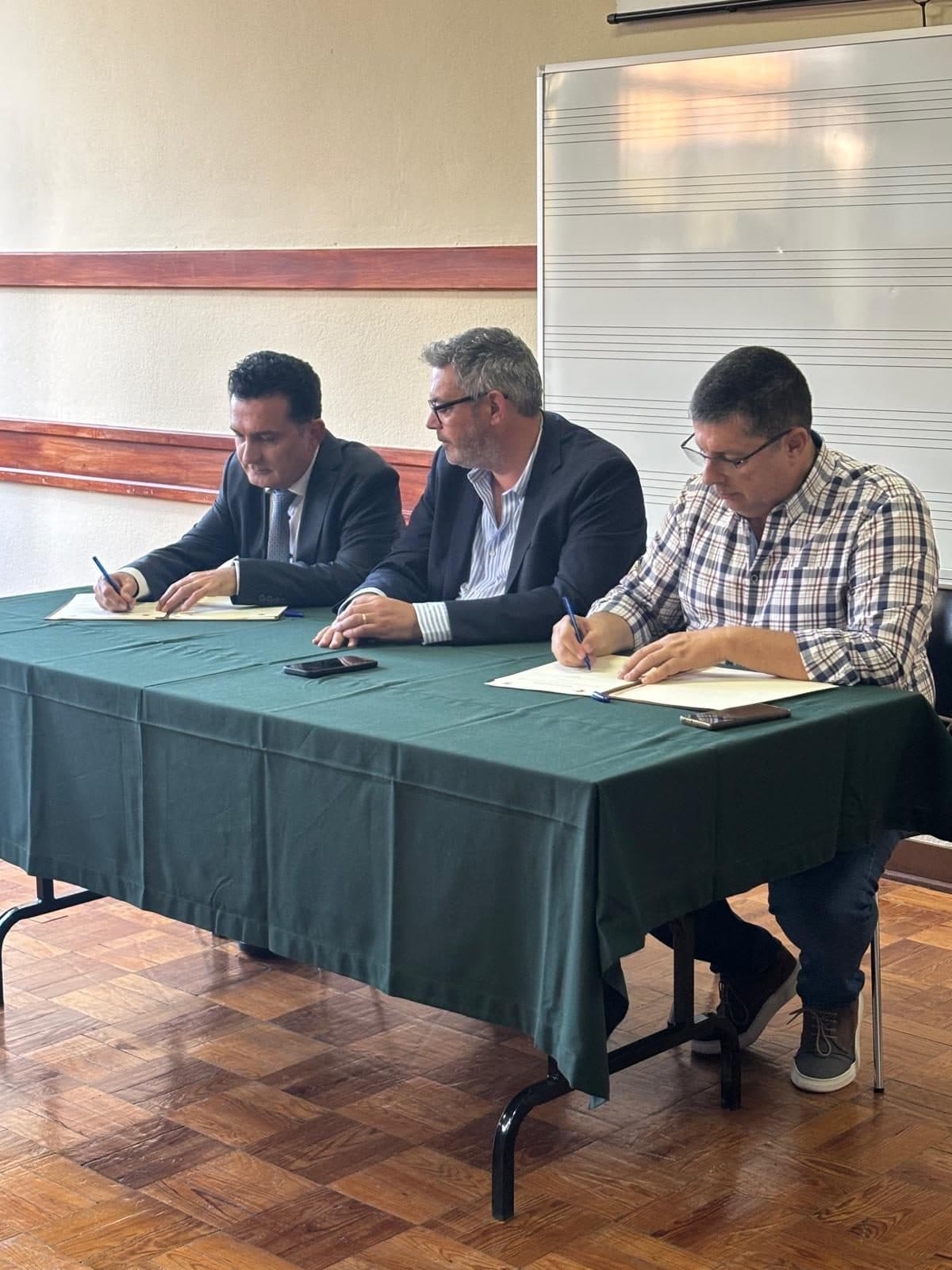New Board of Directors Appointed for Ports of Lisbon and Setúbal
A new joint administration for the Port of Lisbon (APL) and the Port of Setúbal (APSS) has been officially appointed, with Vítor Caldeirinha taking the helm as president. The government announced that this new leadership team is tasked with implementing a new strategic vision for the national port system, focusing on creating operational and commercial synergies between the two key maritime infrastructures and tackling complex challenges, including the re-evaluation of concessions on the north bank of the Tagus River. This initiative is seen as a critical step in reinforcing the economic development of the Lisbon metropolitan area and the country as a whole.
Vítor Caldeirinha returns to a leadership role in the ports where he spent a significant part of his career. Holding a PhD in Management from the University of Évora, Caldeirinha has over three decades of experience in the sector, including a previous tenure as president of APSS from 2013 to 2016 and president of the Association of Portuguese Ports (APP). His extensive background is expected to be instrumental in navigating the strategic realignment of the two ports. The new board also includes Ana Lemos, a specialist in regulation and public domain law with over twenty years of experience at transport authorities; Nuno Viterbo, a landscape architect and current head of Urban Requalification for the Setúbal municipality; and Paulo Ventosa, who brings over 20 years of financial control and project management experience from the banking sector.
The appointment comes at what is described as a “strategic moment” for Portugal's mainland ports. One of the most significant tasks for the new board will be to lead the reassessment of land use and commercial concessions along Lisbon's northern riverfront. This process could redefine the relationship between the port and the city, potentially opening up new areas for development and public use. According to a statement from the Ministry of Infrastructure, the goal is to optimize the economic potential of port-controlled areas while integrating them more effectively into the urban fabric. This move is part of a broader national strategy to enhance the competitiveness and efficiency of the country's logistics and transport network.
Need Expert Guidance?
Get personalized insights from verified real estate professionals, lawyers, architects, and more.
The new administration is also charged with fostering greater collaboration between the ports of Lisbon and Setúbal. By creating operational and commercial synergies, the government aims to improve efficiency, reduce costs, and offer more competitive services to the global shipping industry. This integrated approach is expected to attract new business and investment to the region, bolstering its role as a key gateway to Europe. The board will focus on developing joint strategies for marketing, operations, and infrastructure investment, ensuring that both ports grow in a coordinated and sustainable manner. The success of this initiative will be crucial for the long-term economic health of the surrounding municipalities and the broader national economy.
Explore community-focused property opportunities at realestate-lisbon.com.






